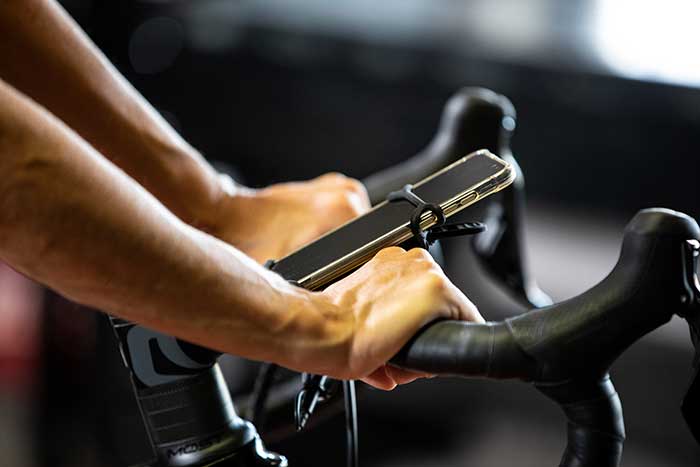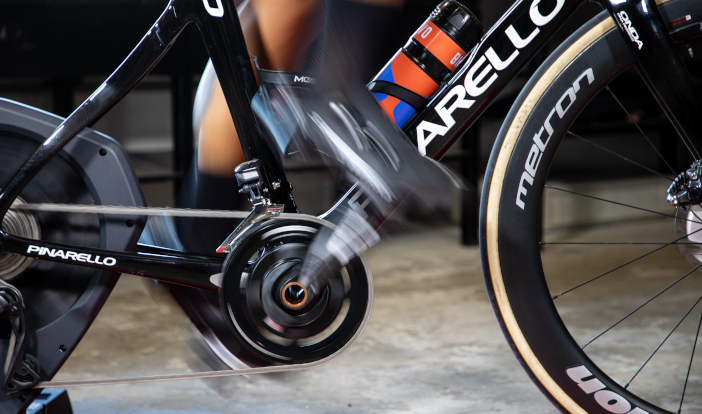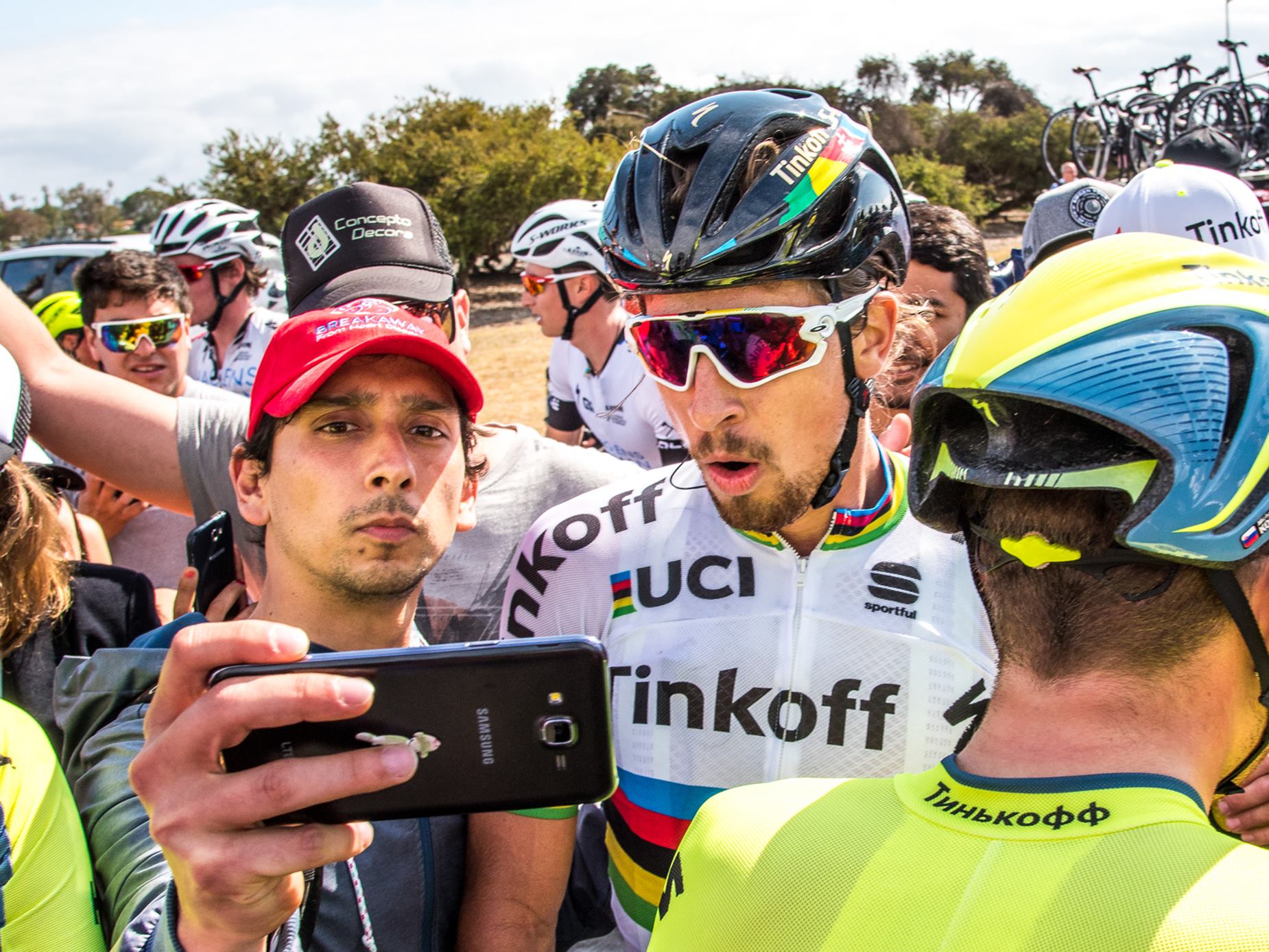The job of an athlete (cyclists and others) has changed profoundly over the last years and today I would like to discuss how this job has become more complex and requires more energy.
Let me start with a personal observation.
An athlete a decade ago could not even begin to imagine the amount of media pressure the athlete of today is subjected to.
The difference between Coppi and Sagan?
This example is clearly provocative to underline the changes that have taken place.
Today’s athlete is not just a machine that needs to perform at its best (and perhaps win races) but also needs to be a public figure and an ambassador for his sponsors. He needs to “give” part of his private life to the web and talk in real time about his training, transfers, etc.
Nowadays, the contracts with sponsors include the number of posts and the specific hashtags to be used. I promise you, I didn’t just make this up.
All this clearly does not help performance. Don’t get me wrong, I’m not saying that if you are a media star you can’t win races. I am saying that this aspect is a heavy burden that takes away a lot of time from recovery, rest, and maximum concentration. And this can have an impact on performance.
It takes time and concentration to decide what photo to add to a good morning post and which subtitles to include such as #motivationalmonday, #wheeliewednesday, #throwbackthursday. The more you have of these hashtags, the more you need to write.
And what can we say of today’s athlete who lives in the era of simultaneousness and immediate feedback. This feedback can consist of warmth, encouragement, viable advice or scorching critique, nastiness from fans, heroes of the keyboard or frequent visitors of the sports bar. The point of this very well-structured system is the public's response, but it’s a double-edged sword: on the one hand, they can hide behind a more or less unknown identity and can write without filters and sometimes unfortunately even without values. On the other hand, fans can feel closer to their celebrity and feel they know them a bit better.
Some years ago, the most an athlete needed to do was hold an interview, maybe over the phone, for some newspaper of the sector, to be printed the following month. Now, however, the athlete needs to let the internet know what he is doing minutes before and immediately after a race so to not fall “out of pace”, no matter if the race went well or not.
And what effect does all this have on an athlete?
I bet that even the most balanced athlete cannot claim it has no effect.
Both positive and negative, let’s be clear!
What do you think? Do you like this trend?
It’s useless to say that there is a high risk of generalizing. Why? Because an athlete does have a choice what parts of his life he prefers to share and show online. As such, he can choose to be the hermit concentrated on preparing the next event, the one who leads a great life, the one in love, the father of the family, the “Rocky Balboa” …in short: to put on a mask.
Whom does it profit?
The answer is: business. It’s all marketing and images. Nowadays, likes and followers are money. The larger brands have experts who analyze the web and go “fishing” for the best athlete influencers, based on the public they want to reach. They then enroll them to publicize their products.
I think that this trend is difficult to stop. I also think that you can change the way you look at all this by being aware that it’s all a “vanity fair” and not a reflection of reality. Sometimes reality will be closer to or further away from what is shown online. I think that only by keeping an emotional distance, you can keep yourself on course.
I personally think that the life of an athlete will always be under the public eye and only those who reach the right balance between all these variables will come out as winners. As in life, in sports only the one who adapts to the environment in which he “lives” in the most effective and efficient way will be able to “survive”. As Darwin said a long time ago: it’s part of the evolution of species.

Elisabetta Borgia
You might also be interested in



